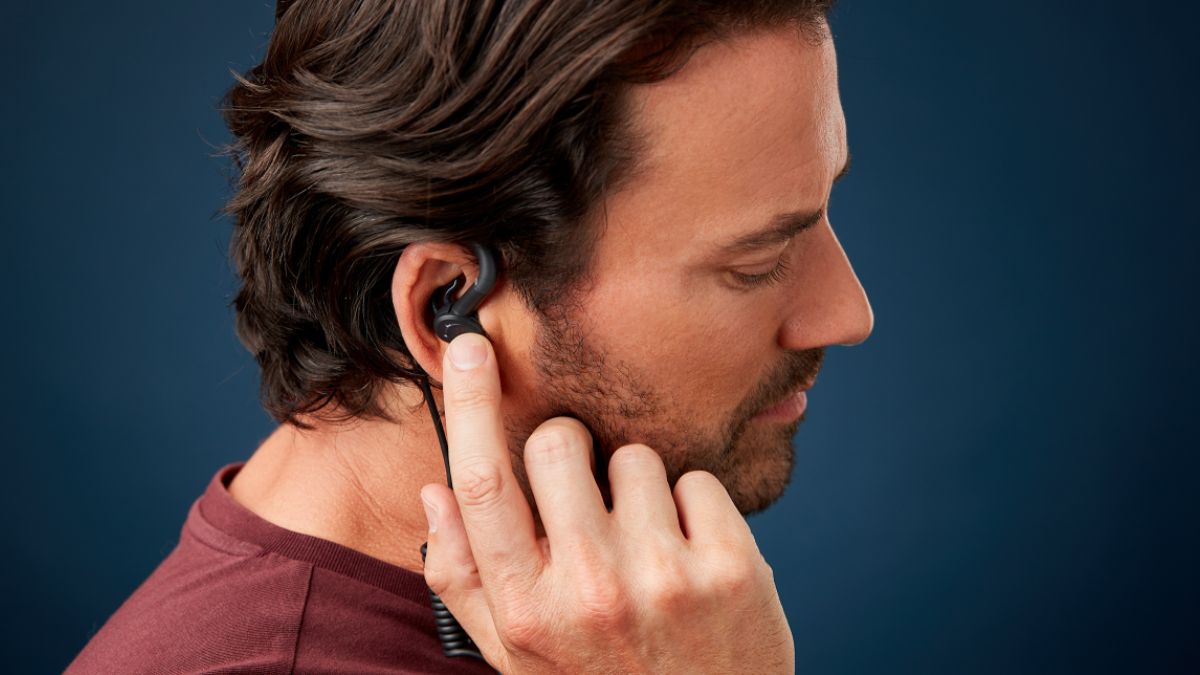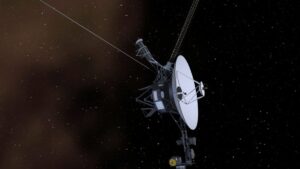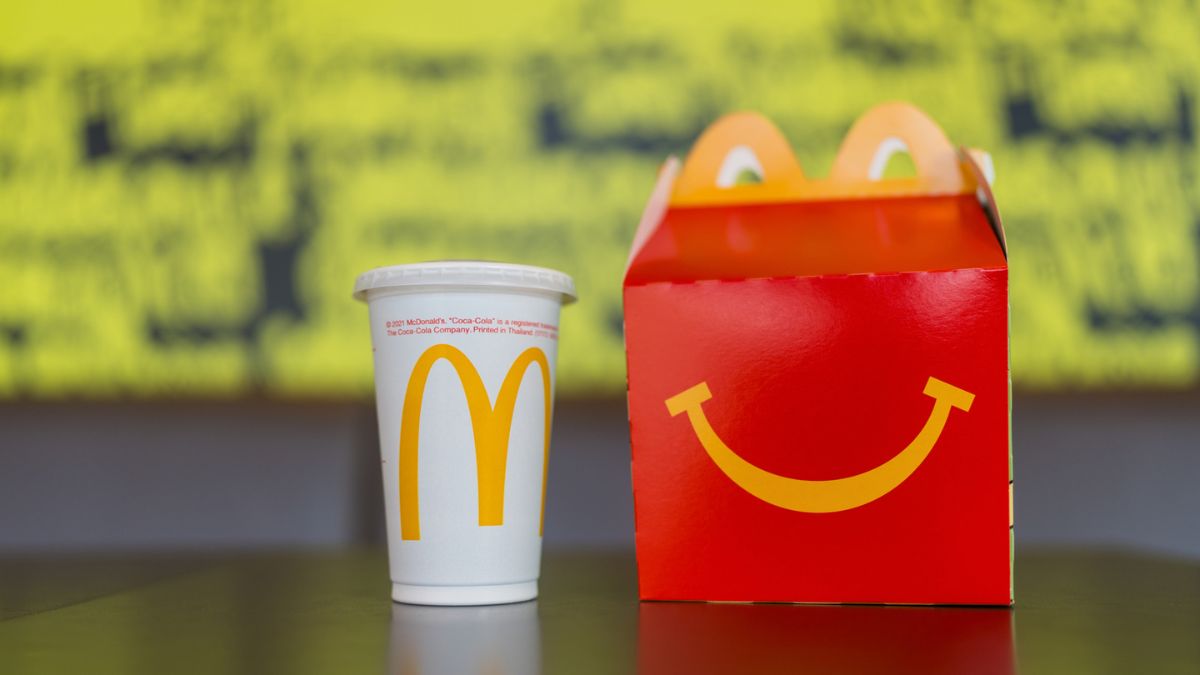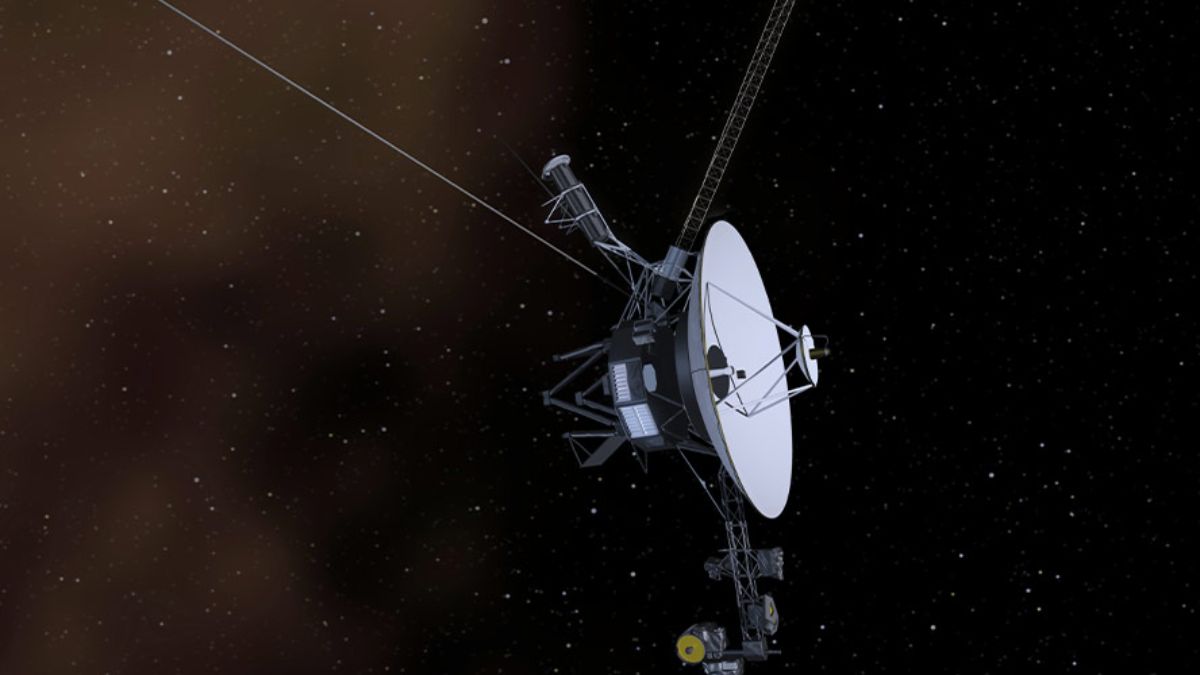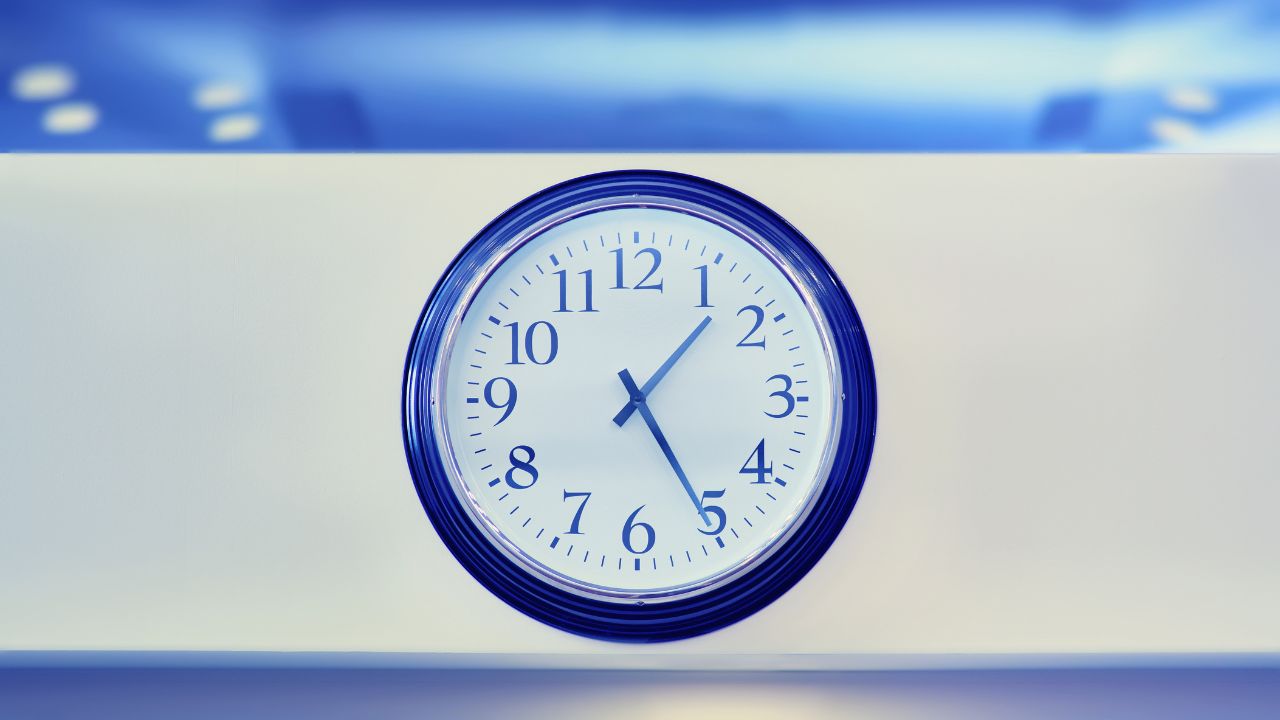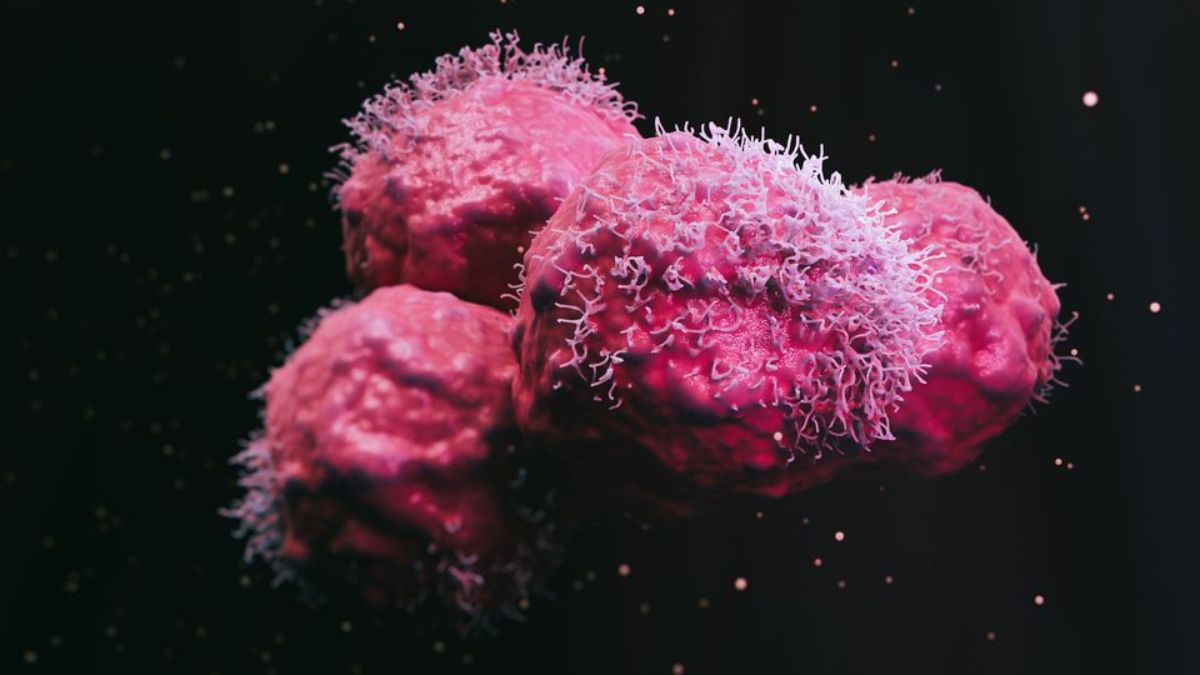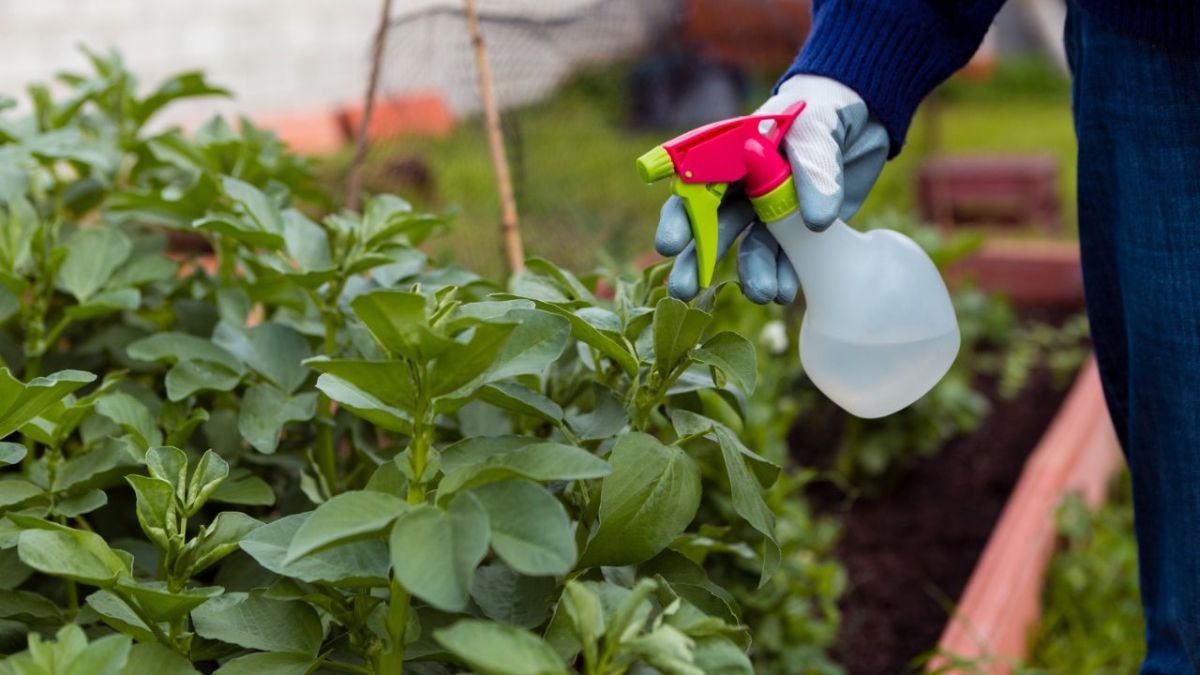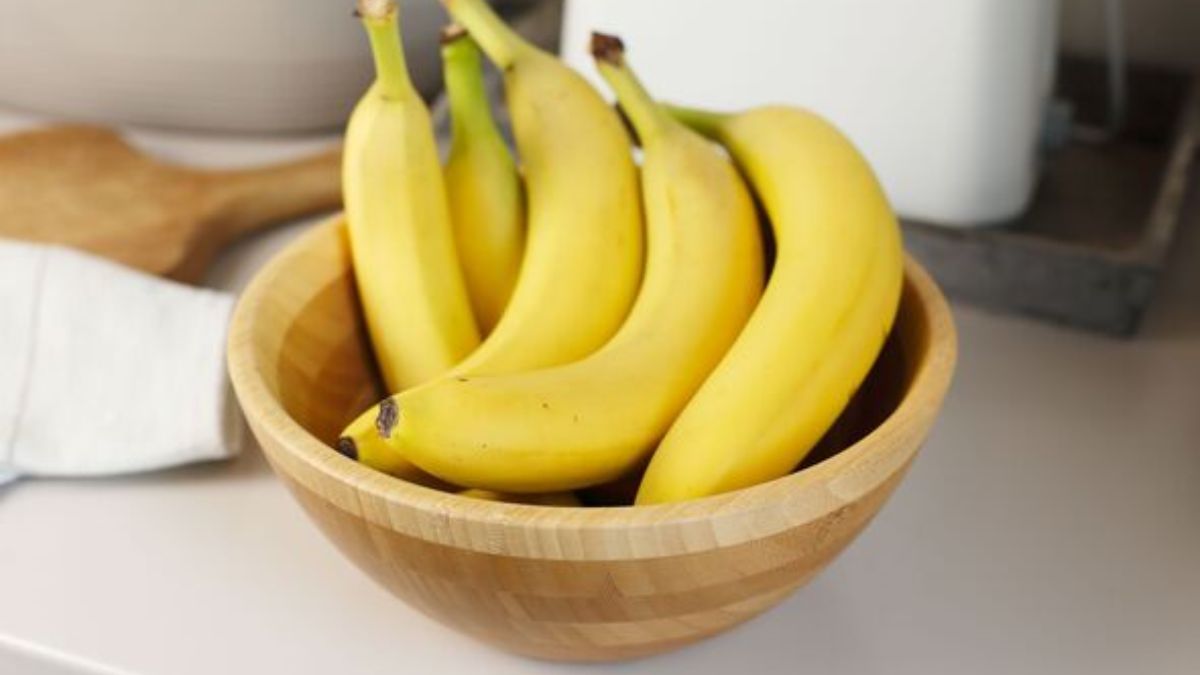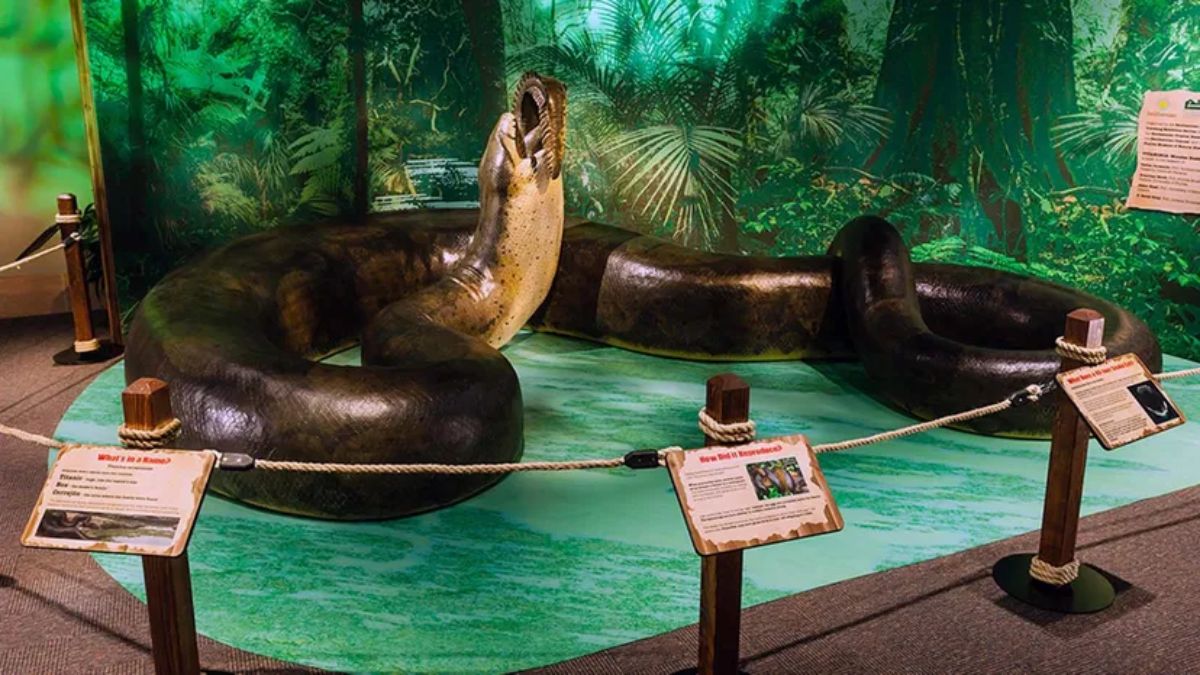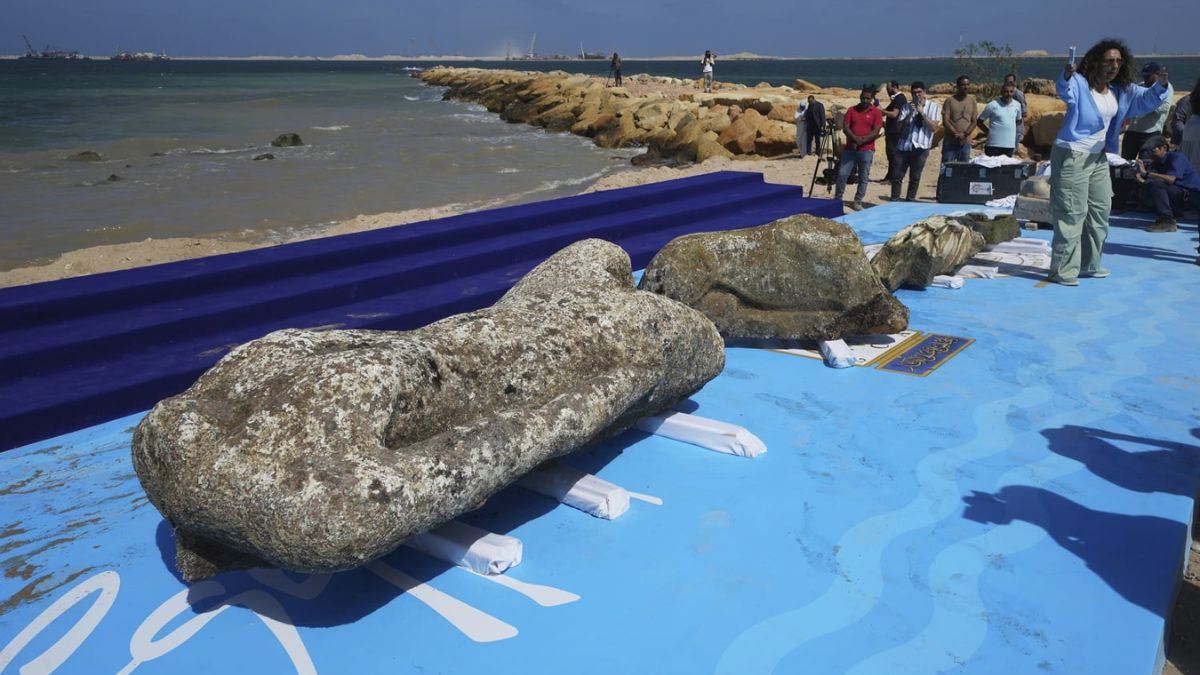We’ve all heard it a million times: drink two liters of water a day, eat three balanced meals, and get eight hours of sleep. Sounds easy enough, right? But let’s be honest—most of us are dropping the ball on at least one of those. And more often than not, it’s water.
Table of Contents
Here’s the kicker: you don’t even have to feel thirsty to be dehydrated. In fact, by the time thirst hits, your body has already started losing essential functions. That’s especially true during intense workouts or periods of fasting. But what if your phone could alert you before dehydration kicks in?
Thanks to a new breakthrough from researchers at KAUST, that idea is no longer science fiction.
Screen
A team at King Abdullah University of Science and Technology (KAUST) has developed a hydration sensor that works through your smartphone screen. Yep, you just touch it like you’re unlocking it—and it tells you whether you need more water.
This tool uses the capacitive sensors already built into regular smartphones. With just a software update, your phone could monitor hydration using the same hardware it already uses to read your fingerprint.
No fancy add-ons. No new device. Just your regular touchscreen, your finger, and a powerful little algorithm.
Signal
So how does it work? Simple in concept, brilliant in execution.
When you press your finger to the screen, it sends out an electrical signal. The screen detects how your skin responds to it. Since water in your body increases skin conductivity, well-hydrated skin gives off a stronger electrical response. Dehydrated skin? Not so much.
The system detects this subtle drop in conductivity and uses that data to gauge how dehydrated you might be. It then sends you a quick notification that says, basically, hey, grab a glass of water.
Trials
To make sure it actually works, the researchers tested the system on two groups especially vulnerable to dehydration:
- Athletes after heavy physical activity
- Muslims fasting during the holy month of Ramadan
Why these two groups? Well, athletes lose water rapidly through sweat and exertion, while fasting individuals go long hours without drinking. Both cases showed the technology could detect dehydration accurately.
And here’s where it gets impressive: the system reached 92% accuracy with athletes and 87% with fasting participants.
Ramadan
In case you’re not familiar with it, Ramadan is a sacred month for Muslims, marked by fasting from sunrise to sunset. That means no food or water for long hours during the day—every day—for a month.
Naturally, dehydration is a real risk. So for practicing Muslims, a hydration-detection app built into their phone could become a game changer. Imagine getting a warning right before sunset that you’re low on fluids—perfect timing to rehydrate during iftar (the evening meal).
Uses
But the possibilities go far beyond fasting or fitness.
This technology could be huge for:
- The elderly, who often don’t feel thirst even when dehydrated
- People with chronic illnesses like diabetes
- Workers in high-heat environments, like construction or factories
- Everyday people, especially during extreme heat waves
It’s fast, non-invasive, and doesn’t require a hospital or a wearable device. It’s just a screen and a tap.
How
This is where bioelectronics comes in. The science behind it is fascinating. Your skin, believe it or not, is a conductor. The more hydrated your body, the better it conducts electricity.
Researchers used a board called the FDC2114, a touch sensor that can pick up these conductivity differences. Then, they created an algorithm to interpret the signal and determine hydration levels.
And again—the phone you already have could run this. No hardware changes, no new sensors. Just software.
Future
So, when can we expect to see this?
While the feature isn’t available to the public just yet, researchers say commercial integration is very feasible. Since all the hardware already exists inside the devices we use every day, it’s really just a matter of software updates.
That means your smartphone could soon double as a mini hydration monitor—kind of like a pocket nurse reminding you to drink up.
Imagine
Think about it: we check our phones more than 100 times a day. What if one of those taps could help you avoid headaches, fatigue, or even more serious health issues by warning you early?
We’re heading into a future where phones aren’t just communication tools—they’re personal health assistants. And maybe, just maybe, drinking water will finally be something we don’t forget.
FAQs
Can phones really detect dehydration?
Yes, using touchscreen sensors and a special algorithm.
Do I need a special phone for this?
No, it works with regular touchscreens already in phones.
How does skin show hydration levels?
Hydrated skin conducts electricity better than dry skin.
Was this tested on real people?
Yes, with athletes and fasting individuals during Ramadan.
Is this feature available now?
Not yet, but it could be integrated soon via software update.

